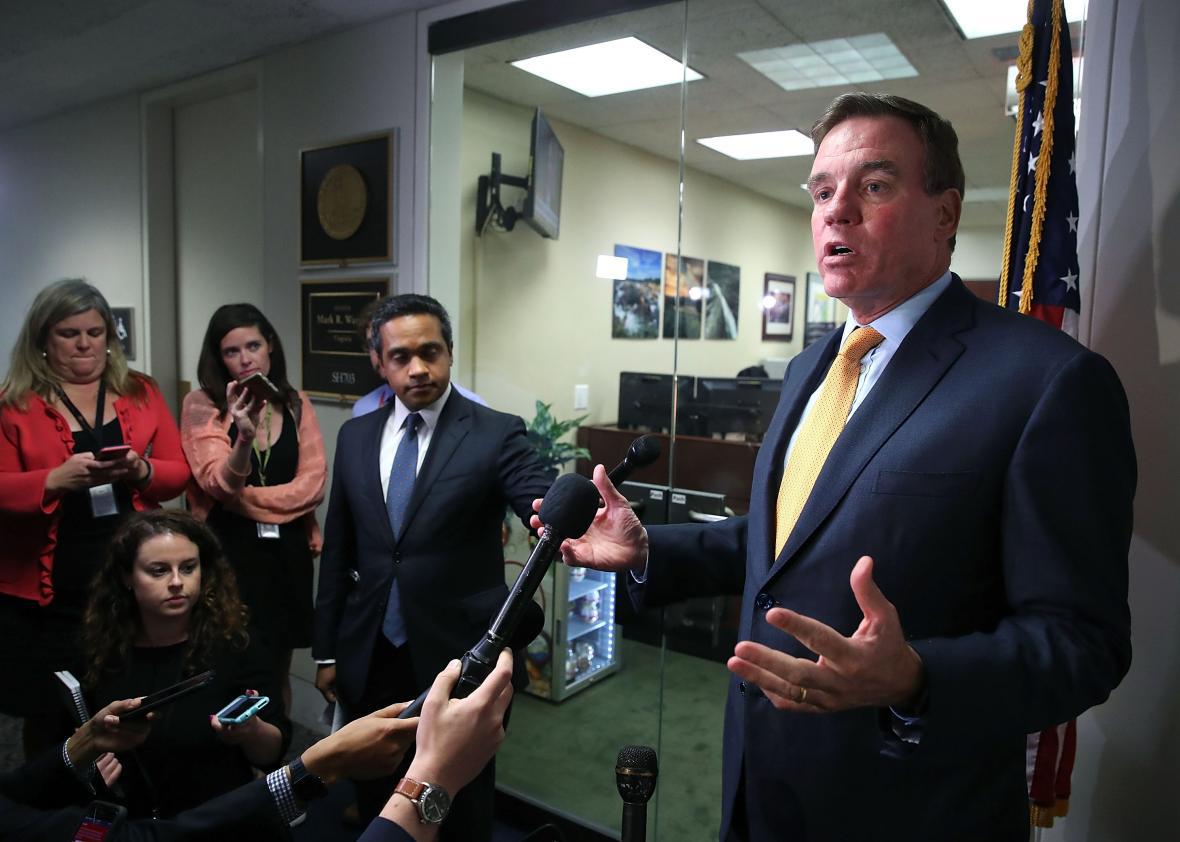There is a big problem with Congressional investigators’ quest to learn how Russian-affiliated operatives used Twitter during 2016 to influence the election: Twitter deleted some of the data they need. According to a report in Politico, the company deleted information crucial to investigators’ understanding of how Russian actors exploited the platform to spread rumors and sow discord. The data, according to anonymous cybersecurity officials, could have helped investigators develop more detailed timelines for the bot-propelled fake news campaigns and discover tactics that trolls used to influence political discussions online. Some officials believe that the data could have even identified who was behind the cyber offensive. Twitter’s engineers are trying determine if they can retrieve or recreate some of this information, but the prospects look rather bleak.
It has become increasingly clear over the last couple of months that Russian operatives were using Twitter to spread falsehoods and half-truths largely supporting Trump and denigrating Clinton during the election. The Senate Intelligence Committee held a closed-door meeting with Twitter on Sept. 28 in which the company revealed that 22 of the 470 Facebook accounts run by Russian trolls also had corresponding Twitter accounts. An additional 179 Twitter accounts were very likely linked to Russian operatives according to the company, and three accounts associated with the Kremlin-backed news outlet RT spent $274,100 on Twitter ads in 2016.
Yet it was absurdly easy for these Russian trolls to evade detection from prying investigators. All they had to do was deactivate their phony accounts and delete their rumor-ridden tweets to wipe down the scene of the crime. Twitter has strict policies dictating that its records must reflect whatever users do with their content, so the platform would have deleted anything the Russians chose to delete. And it doesn’t help that these operatives typically do everything they can to dispose of any evidence, a former FBI official told Politico.
Twitter isn’t the only social media platform whose user privacy practices have made it difficult to uncover proof of Russian meddling. After a Columbia University analyst published findings suggesting the number of Facebook users that came into contact with Russian propaganda may have been much larger than what was previously disclosed, the company removed the thousands of posts and associated data that made the research possible. Facebook cited privacy policies in its decision to withdraw the “inactive content” from public view.
Slate has contacted Twitter about the Politico report and will update this post if we receive a response.
